PROTECT YOUR DNA WITH QUANTUM TECHNOLOGY
Orgo-Life the new way to the future Advertising by AdpathwayNBA insider Shams Charania covered his first NBA Draft for ESPN on Wednesday night, marking a significant shift in his approach to breaking news during the live broadcast. The longtime reporter, who joined ESPN earlier this year, chose not to "tip" draft picks on social media before commissioner Adam Silver announced them—a departure from his previous years of real-time reporting when working for The Athletic and Stadium.
The Challenge of Holding Back Breaking News
Charania candidly discussed the difficulty of restraining himself from posting draft picks the moment he confirmed them, a practice that had become his trademark on social media platforms.
"It was hard," Charania admitted Thursday on The Pat McAfee Show. "It was hard knowing the picks and, you know, five minutes in advance, or knowing what's happening in different places well before. It was hard. It was definitely unlike past years for me. There's no doubt about it."
The ESPN reporter revealed there were moments during the broadcast when his instincts nearly took over.
"There were times I was like, you know, 'I just—you know, let me fire one of these off. Let me fire one off,'" he said. "But I think this year I took the approach of being a good teammate and being a good partner for the people that I'm around, the people that I work with on a daily basis, by not approaching it and not tipping the picks."
Trade Reports Remain Fair Game
While Charania held back on draft selections, he clarified that trade reporting operates under different guidelines during ESPN's coverage. His role included tracking the complex web of pick swaps and keeping viewers informed about where drafted players would actually end up.
"But trades though are different," Charania explained. "Trades—they get processed. It's just—it's a totally different element of the draft. And so, to me, keeping our broadcast as up to date as possible on which pick is going where—you know, that—and if a trade is processed, it is my job to report that. So absolutely."
The veteran reporter's ESPN debut represents a broader shift in how sports media navigates real-time information in the social media age. Charania's decision to prioritize his broadcast responsibilities over his social media presence reflects the network's team-first approach to coverage.
"To me, I think I handled it the best I could," Charania concluded, acknowledging the challenge of adapting his reporting style to fit within ESPN's broadcast framework.


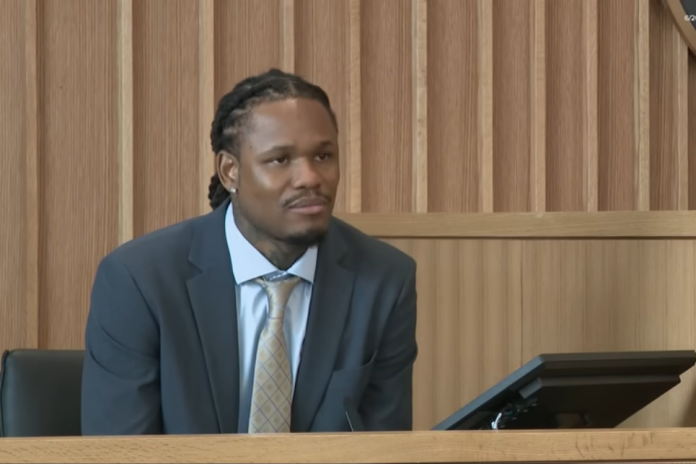
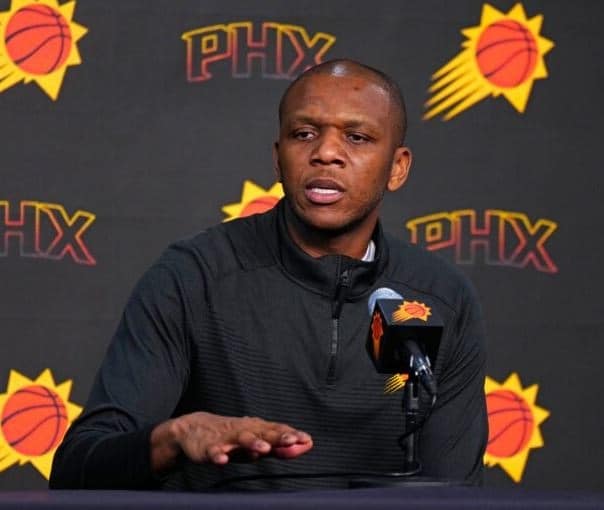
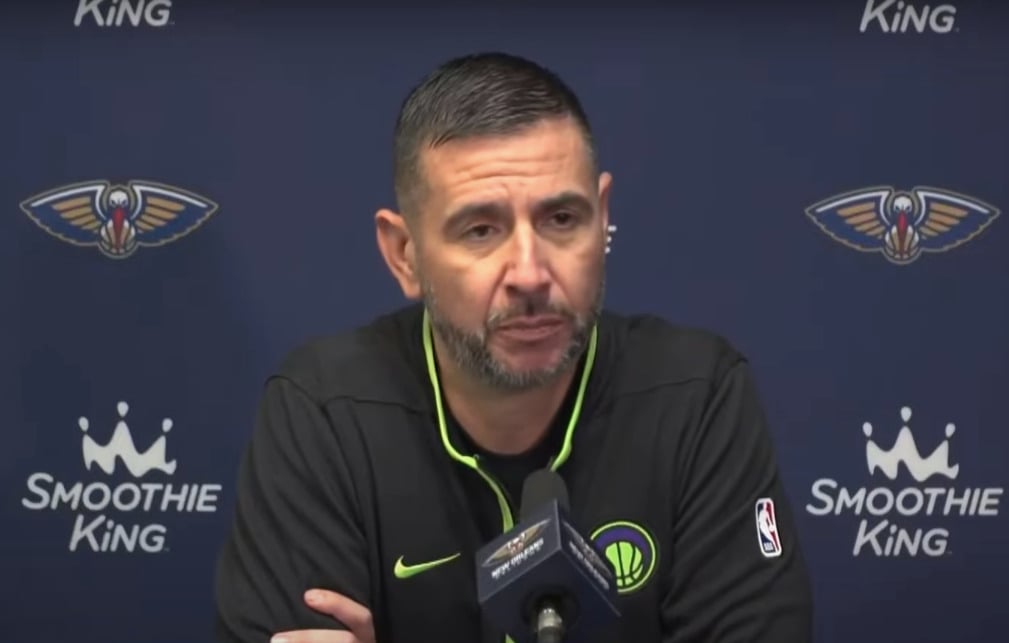
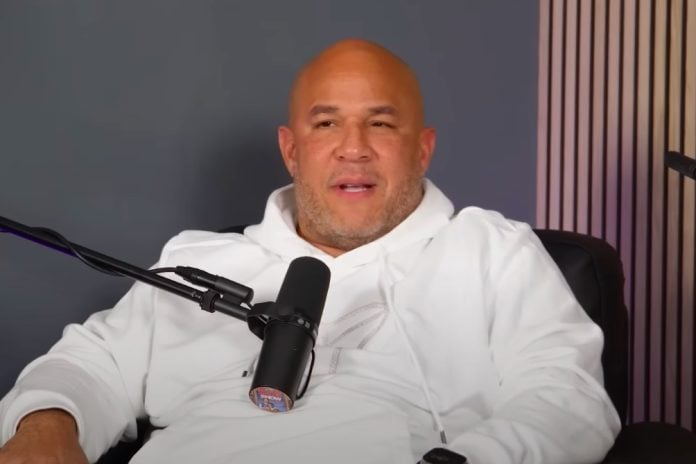

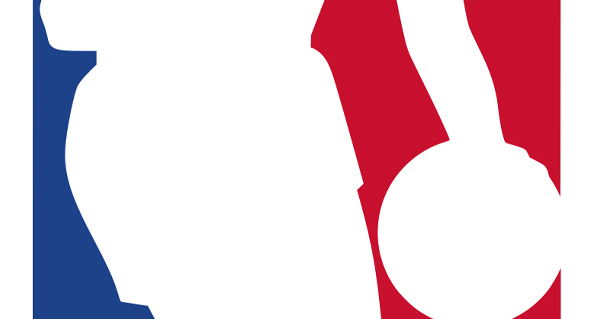
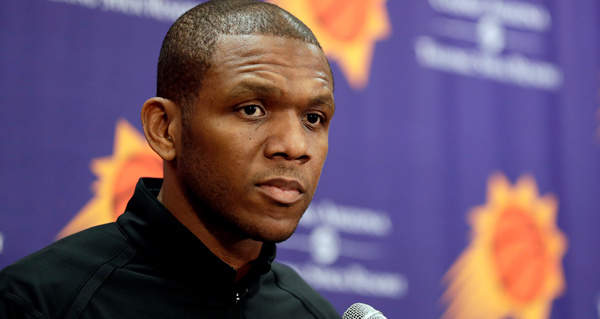


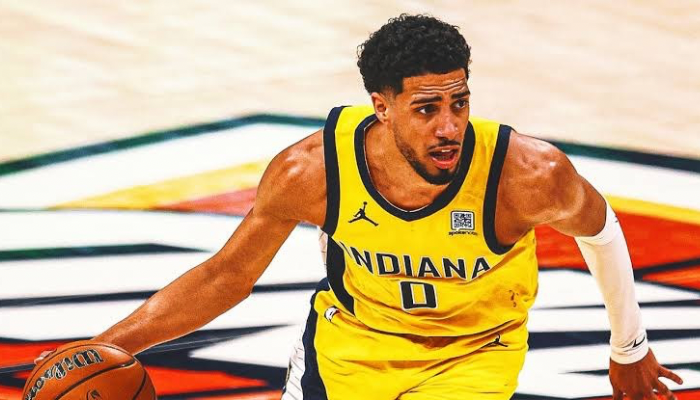

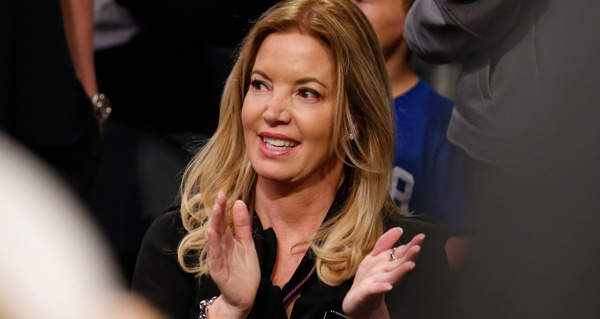


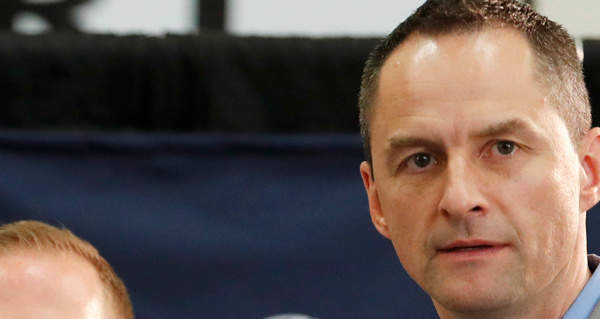
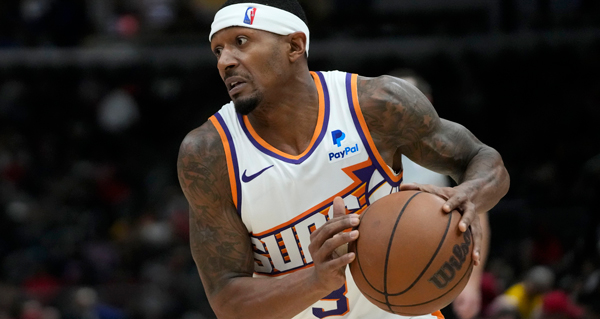

 English (US) ·
English (US) ·  French (CA) ·
French (CA) ·